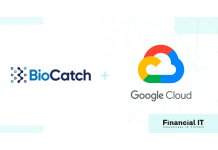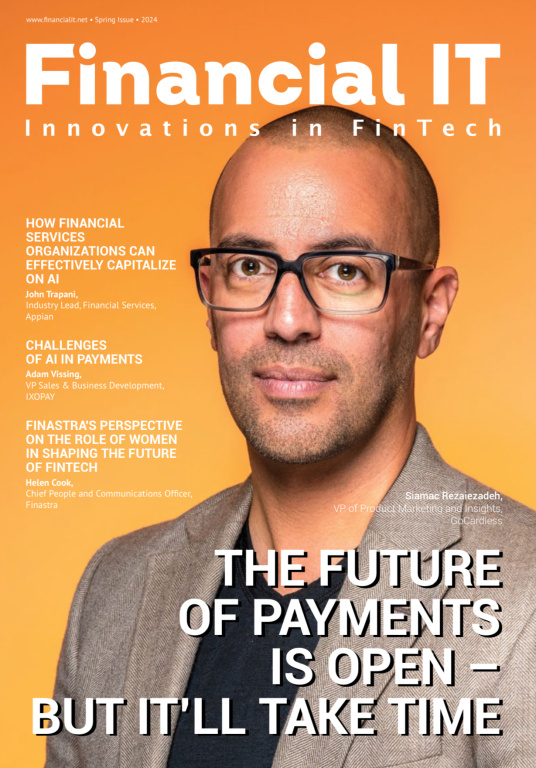Revolutionizing Security: Veridas Unveils Voice Shield...
- 12.04.2024 11:50 am
NICE Actimize Announces New Integrated Fraud...
- 10.04.2024 10:15 am
Adyen Finds the Global Retail Sector Lost $429 Billion...
- 09.04.2024 10:55 am
Adyen Finds the UK Retail Sector Lost £11.3 Billion to...
- 08.04.2024 09:45 am
Visa’s Growing Services Business Infused with New AI-...
- 27.03.2024 11:40 am
Provenir Shines a Spotlight on the Pressing Need for...
- 22.03.2024 09:25 am
Visa Report Shows Top Scams Impacting Consumers and...
- 21.03.2024 11:45 am
BioCatch and Google Cloud Team Up to Bring Fraud...
- 20.03.2024 11:05 am
FIS Offers Greater Card Fraud Detection through New...
- 19.03.2024 10:15 am
AU10TIX Releases Q4 Global Identity Fraud Report...
- 13.03.2024 02:41 am
Feedzai Partners with UK Finance for Annual Fraud...
- 28.02.2024 09:35 am
Bestshopping.com Selects iDenfy’s Biometric...
- 20.02.2024 11:30 am






















